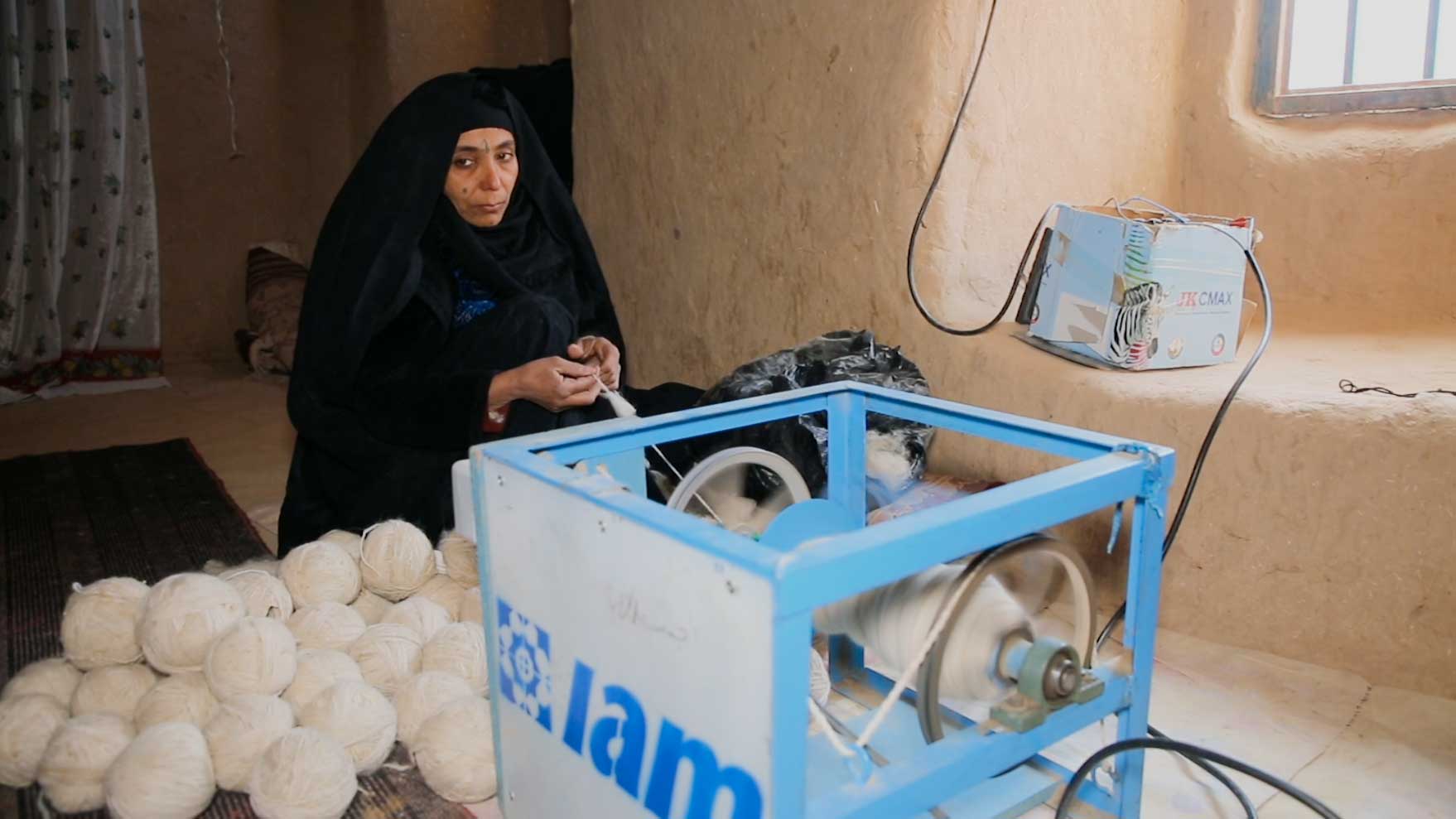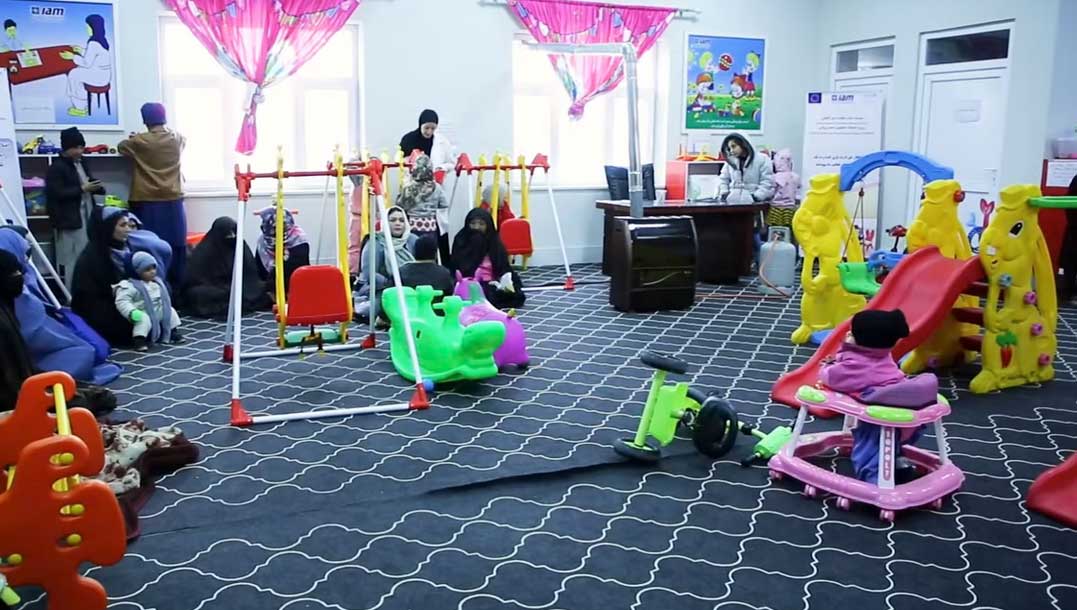We are passionate about helping people have access to quality health care and solving their problems in a community-based approach.
Our health projects, including Mental Health Programme and Community Based Palliative Care project, throughout the country are working hard to end the stigma around mental health issues and are enabling communities to take care of their patients with chronic diseases.
Community Based Palliative Care
This year, IAM’s Community Based Palliative Care (CBPC) Project began! CBPC is a pilot project that aims to help patients who have lifespan limiting illnesses, their families, communities, and local health care providers to enable an optimal quality of life for these patients. Palliative care serves patients with active, progressive, far-advanced disease with a limited life expectancy, focusing on their dignity and quality of life.
While Afghanistan currently has no palliative care services, our hope is that by working in a community-based fashion, the CBPC Project will help to build the capacity of local health care professionals to provide basic palliative care, and also help patients, families, and communities to know what they can do, too. When the entire community comes together to support a patient, patients can live and die with dignity – being cared for physically, emotionally, and spiritually. And as communities learn to support and work together in this way, long-term, sustainable practices can be created.
While 2020 was just the beginning of the project, CBPC plans to network, mentor, and spread knowledge about palliative care principles and practices. We will first train professionals for the project, and then surveying local communities, physicians, patients, families to determine what is needed. After that, we will establish professional and community networks, teach local physicians about palliative care basics, and set up referral systems for the CBPC Project.
Find out more about our Community Based Palliative Care project here!
Mental Health Programme
IAM’s Mental Health Project started in 1996 in Herat, in response to the high suicide rate among women in the region. At that time, there was hardly any awareness and understanding of mental health issues in Afghanistan.
The goal of IAM’s Mental Health Programme is to work in partnership with the Afghan Government to improve the mental health of the Afghan people.
Since 2006, we’ve systematically trained all primary health care providers (ie community health supervisors, nurses, midwives and doctors) throughout the western region to carry out mental health services in their health facilities. We’ve also trained non-medical professionals (like teachers and religious leaders) in the western and northern region, produced TV and radio programmes, and published a quarterly magazine to raise awareness about mental health issues.
Now, we’re working to make sure communities in western Afghanistan have the tools they need to look after children and adults with psychosocial disabilities. We’re working to reduce violence against children, which can often result in long-term psychosocial problems, and we’re helping to reduce the huge stigma surrounding mental health issues to ensure people are able to thrive in their communities.
Get a more in-depth look at IAM’s Mental Health Programme here.

What difference is IAM’s health work making?
Murtaza’s story: I feel I can have a life like others do
Murtaza’s* father used to beat him and say he wished his son had never been born.
When Murtaza was one year old, he was diagnosed with an intellectual disability. His parents, who were very poor and had borrowed money to take him to the doctor, were told there was no treatment. Murtaza grew up knowing he was different. He was isolated and lonely.
“I felt humiliated when I went out,” Murtaza says. “I seemed different and other boys sometimes made fun of me.” The bullying got worse, and one day some boys assaulted Murtaza, causing him to lose vision in one eye.
When Murtaza was around 15 years old, his mother found out about IAM’s Child and Adolescent Project. We were able to help Murtaza through a combination of medication and counselling, and now he sees himself completely differently. He’s now a student at a local tailor’s shop and hopes one day to be financially independent – proving to his father that children with extra needs are not a burden.
“I know I have changed a lot,” says Murtaza. “Now, I do not feel humiliated. I feel I can have a life like others do. I feel as though a light has shone in my dark life.”
*name changed
Check out the stories below to discover more about IAM’s mental health work and the difference it is making to people’s lives. Or click this link to find out about some of our previous health projects.







